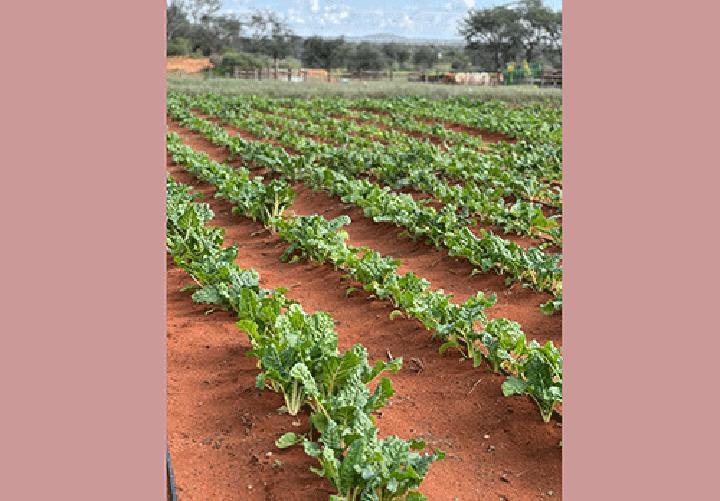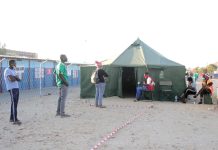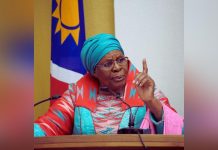Africa-Press – Namibia. Executive director of Agriculture, Fisheries, Water and Land Reform Ndiyakupi Nghituwamata has warned that the escalating cost of electricity poses a serious threat to the long-term sustainability of Namibia’s green schemes, especially due to high electricity tariffs.
Nghituwamata made the remarks on Monday during the National Green Schemes Stakeholder Consultative Meeting hosted by the Electricity Control Board (ECB) in Rundu.
She stated that the rising electricity costs continue to exert immense financial pressure on farmers and undermine the overall viability of green schemes nationwide.
“Each green scheme project spends close to N$1 million per month on electricity alone, roughly 35% of its total revenue. This burden severely affects profitability and long-term operational sustainability,” she said.
The ED noted that the ministry has made significant investments to improve the efficiency of farm infrastructure and energy usage at green scheme projects. These, she said, include the installation of Variable Speed Drives (VSDs) to enhance pumping efficiency, the implementation of power factor correction systems, the use of high-efficiency motors, and the adoption of irrigation scheduling to optimise energy consumption.
“Despite these interventions, high electricity costs remain a significant challenge,” Nghituwamata added.
She further revealed that a Cabinet-appointed team had previously engaged NamPower and the Ministry of Mines, Energy and Industry to assess and propose solutions to the energy challenges affecting green schemes. However, she said, those efforts did not yield tangible results.
“This is why this workshop is both timely and necessary, to build on previous engagements and develop practical, implementable, and sustainable solutions that will ensure the long-term viability of our green schemes,” she said.
Nghituwamata also urged stakeholders to explore innovative energy management approaches, such as the peak shaving method, which allows projects to cut costs by managing and optimising energy use during high-tariff periods.
Meanwhile, Electricity Control Board chief executive officer Robert Kahimise said that one of the main objectives of the workshop is to assess and understand the current tariff structures applicable to green schemes, particularly within the Northern Regional Electricity Distributor’s licence area.
He added that the workshop also aims to evaluate the impact of electricity costs on agricultural productivity and national food security, as well as to identify innovative and sustainable energy management practices that can help reduce operational costs for green schemes.
For More News And Analysis About Namibia Follow Africa-Press






